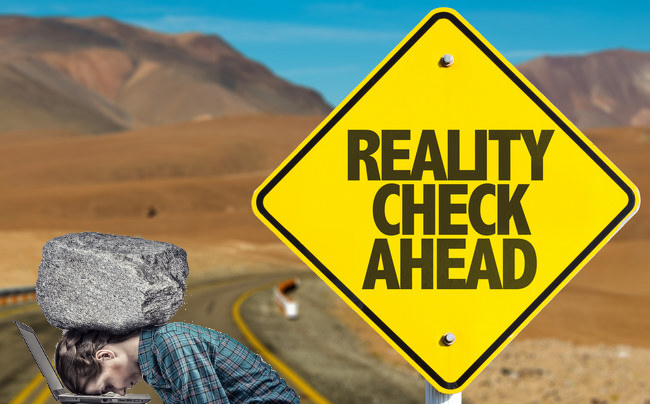
So often “it” is not an “emergency.” A faux emergency is easily created because someone makes a commitment (logical or wishful) that requires everyone to rush and scurry. “We must hit the deadline, whatever it takes!!” becomes a mantra and a pseudo emergency. (A faux emergency?)
Pressure from “emergencies” = more creativity?
A high pressure deadline which becomes an emergency is perceived to spur more creativity. But studies show this is a MYTH. More pressure does not inspire people to more creativity! Harvard Business Review offers insights:
The Pressure Trap
"Our study indicates that the more time pressure people feel on a given day, the less likely they will be to think creatively. Surprisingly, though, people seem to be largely unaware of this phenomenon. In their assessments of their own creativity each day, the participants in our study generally perceived themselves as having been more creative when time pressure was high. Sadly, their diaries gave the lie to those self-assessments. There was clearly less and less creative thinking in evidence as time pressure increased." – Source: Harvard Business Review
Achieving success with big goals require forethought and planning. We must meet our commitments. This requires a good plan.
The plan must include Ws
Regardless of whether a faux or real emergency, with any strategy, we put our heads together and layout a plan to answer these “W questions”:
- What gets done
- Who gets it done
- When it gets done
- hoW it gets done
- Why (always start with why)
- hoW many (numbers/frequency)
- hoW much (time/expense)
Even large companies with complicated plans include the W questions and answers to support a strategy.
Strategy first? Maybe not
It is said that strategy comes first. Without a strategy, the W answers can conflict and become convoluted. Often, this is where an excellent strategy fails because a plan does not include the W questions and answers.
However, a plan that includes the W questions and answers can happen before a strategy. Consider it research, market testing and listening to the market. The results will provide data and help shape a strategy. Make a plan, document all results... think deep and you might have a creative vision.
Creative Vision
Your skill may be to stand on a hill and strategize. You see the big picture and have a creative vision.
Or you might be working on developing a creative vision? If that is the case, refer to Napoleon Hill’s presentation:
(The video is old, but the principles are powerful and worth your time!)
Summary:
- Action before strategy can be “tests” for developing a strategy.
- W Questions not asked and answered will weaken a plan.
- More pressure does not improve creativity. (It’s a myth!)
This highlights why those who walk alone have a more difficult time. Connect with others to fill your gaps for your own special team.
If you have not yet developed those connections, I highly recommend that you start with a 5-Star lunch as your secret for success.